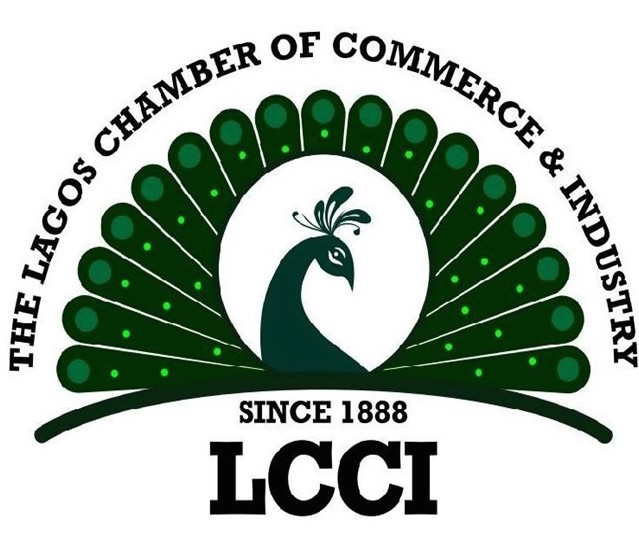The Lagos Chamber of Commerce and Industry (LCCI) has acknowledged the recent approval of a $500 million loan by the World Bank to Nigeria under the Community Action for Resilience and Economic Stimulus Programme.
The development comes at a time the country is grappling with mounting economic challenges, including inflation, declining purchasing power, and an increasingly burdensome debt profile.
The Chamber stated that while this intervention is aimed at supporting poor and vulnerable households and firms, it is imperative that its broader implications on businesses and the economy pose a concern to the business community.
In particular, with the World Bank’s share of Nigeria’s external debt reaching $17.32 billion, the question of debt sustainability becomes increasingly pressing.
According to the Chamber, if not efficiently managed, additional borrowing could exacerbate fiscal vulnerabilities, weaken investor confidence, and limit the government’s ability to execute long-term economic reforms.
The Director-General of LCCI, Dr. Chinyere Almona, in a release in Lagos yesterday, noted that the loan’s direct impact on small businesses and vulnerable populations, through grants and livelihood support, presented a potential short-term stimulus. She added that it can enhance food security and community resilience, mitigating the effects of economic hardship at the grassroots level.
“However, the broader macroeconomic effects must be carefully considered. Nigeria’s rising debt burden is a growing concern, particularly given the slow pace of disbursement and implementation of previously approved loans.
“With the World Bank’s share of Nigeria’s external debt reaching $17.32 billion, the question of debt sustainability becomes increasingly pressing. If not efficiently managed, additional borrowing could exacerbate fiscal vulnerabilities, weaken investor confidence, and limit the government’s ability to execute long-term economic reforms.
“From a business perspective, while targeted stimulus programs can offer temporary relief, structural economic challenges such as inadequate infrastructure, multiple taxation, and forex volatility remain unaddressed.
“Businesses require a stable operating environment, and while social welfare programs are essential, they must be complemented by policies that foster productivity, investment, and job creation.
There is also concern about the efficiency of fund allocation and utilisation, given that only 16 per cent of previously approved World Bank loans under the current administration have been disbursed. “This raises questions about the absorptive capacity of relevant institutions and the risk of funds being underutilised or mismanaged.”
To maximise the benefits of this loan while mitigating associated risks, the LCCI recommended a transparent and efficient disbursement mechanism that ensures funds reach the intended beneficiaries, particularly small businesses and vulnerable communities.
“A robust monitoring and evaluation framework should be established to track the impact of these funds and prevent misallocation. “The government should adopt a prudent debt management strategy that prioritises concessional financing and ensures that borrowed funds are tied to projects with clear economic returns.
“Strengthening domestic revenue generation through tax reforms and expanding the productive base of the economy can reduce reliance on external borrowing
“Beyond short-term palliatives, the government must implement structural reforms that create a conducive business environment. Policies should focus on improving infrastructure, ensuring policy consistency, and addressing forex challenges to support private sector growth and attract investment.
“The LCCI stands on the point that a more impactful stimulus for economic growth is that the government solves the perennial problem of poor power supply and high cost of energy and creates an enabling business environment where small businesses can thrive, creating jobs and generating revenues for the government.
“While the World Bank loan offers immediate relief, long-term economic resilience can only be achieved through a comprehensive strategy that fosters economic diversification, enhances productivity, and strengthens institutional frameworks for effective governance.”














